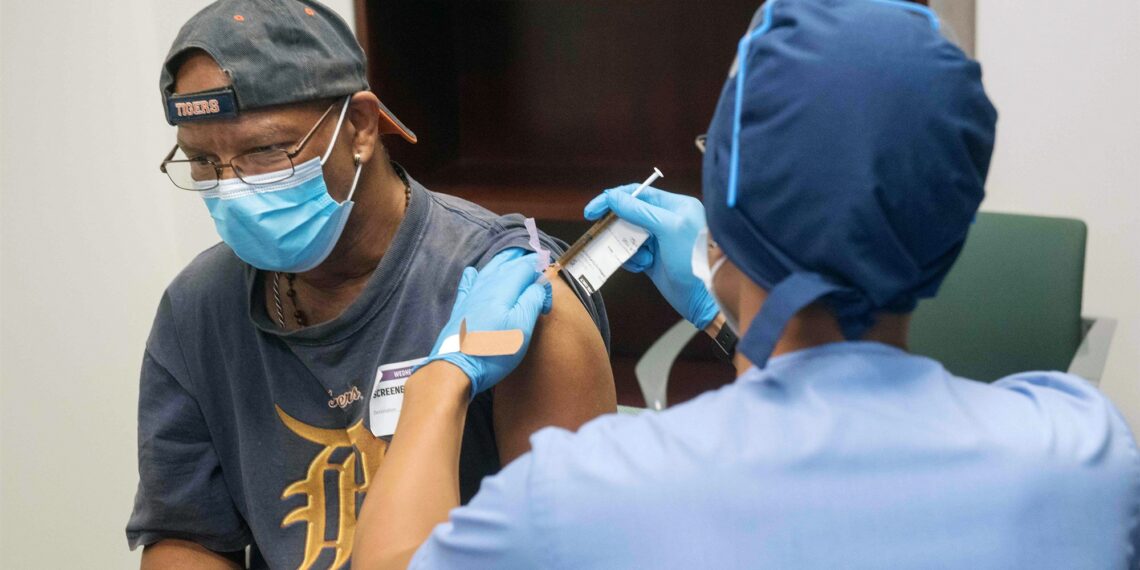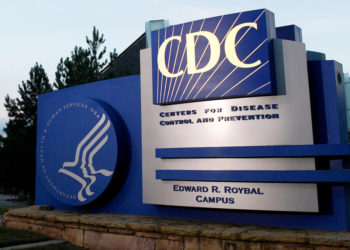We will all hear and read a great deal in the next few weeks regarding “Who goes first?” in the administration of COVID-19 vaccines.
When there are more people who need to be vaccinated than available stock, who decides who is first, second, and third in line? What criteria are used to make those decisions?
While these issues will be a new experience for many people, the prioritization of scarce medical resources is certainly not a new problem in medical ethics. Indeed, the opposite is the case. It is, unfortunately, a common problem.
Lifeboat Ethics
Some medical ethicists use a shorthand description for the problem of scarce medical resources: lifeboat ethics.
If there are more passengers than seats in the lifeboats when the ship starts sinking, who gets into the lifeboats first? We all remember the typical Hollywood movie cry “Women and children first!” It’s certainly not a hypothetical shorthand description.
In 1841, for example, the American ship William Brown, bound to Philadelphia from Liverpool, struck an iceberg in the North Atlantic and began to sink. Crew members in one of the lifeboats, overcrowded and floundering in rough seas, threw 16 people overboard into the freezing waters. First mate Alexander William Holmes was found guilty of manslaughter and sentenced to six months in prison and a $20 fine.
Medical Ethics
When I was a young doctor specializing in cancer care in the early 1980s, I worked under the supervision of a somewhat irascible medical school professor who would say to me “I don’t know what the point is of teaching courses in medical ethics. Medical ethics is just common sense.”
I knew he was wrong, but it took me more than three decades in medical practice before I figured out why. The problem is not getting a system of ethics to make sense. Lots of ethical systems can be constructed to have an internally consistent logic. The problem is for a society to determine what is common. What are our shared societal values about justice and equity which determine the right course of action?

A physician has a duty to do all that they can for the benefit of their patient. They are physicians caring for a person — not serving the needs of the state. Decisions about the allocation of scarce resources are best made by social consensus vested in societal institutions as long as those decisions are transparent, widely discussed, and subject to regular review.
Four Principles of Ethics
There are four principles of ethics we can use as tools when deciding who gets a scarce resource, including a vaccine.
The first is the degree of benefit. Are some people much more likely to benefit than others? Will an elderly individual with serious underlying medical conditions in a nursing home be more likely to benefit from immediate vaccination than, say, a young person with no underlying medical conditions living and working at home? If the answer is “yes” then the elderly person gets in line first.
The second is the likelihood that a benefit will occur. We prioritize sure things over long shots.
The third is the duration of the benefit. We prefer long term over short term benefits.
Finally, we think about how many people will benefit. For example, if you vaccinate an ICU nurse then it is likely that both the nurse and their current and future patients will benefit. If you vaccinate a hermit living alone in a hut in the woods, then no one else may benefit.
Who Goes First?
It’s not appropriate to hand out scarce medical resources based on ability to pay, anyone’s personal concept of social worth, or a person’s past use of medical resources. What is appropriate when deciding “Who goes first” for a vaccine program? It is to use a rational way of establishing tiers of benefit.
The United Kingdom’s Joint Committee on Vaccination and Immunisation, for example, created a priority list for COVID-19 vaccination which gives preference to elderly individuals in nursing homes and their caregivers, frontline health and social care workers, and the clinically most vulnerable. Ultimately, however, one would expect the health care infrastructure to manufacture adequate stocks of vaccine so that, over time, the need to prioritize becomes moot.
How do we decide “What are our common values?” for the allocation of vaccines?
We can turn to the advice of Thomas Jefferson: “I know of no safe depository of the ultimate power of society but the people themselves; and if we think them not enlightened enough to exercise their control with a wholesome discretion, the remedy is not to take it from them, but to inform their discretion.”
At the end of the day “Who goes first?” for vaccination is an expression of our common values.
Disclaimer: The views and opinions expressed here are those of the author and do not necessarily reflect the editorial position of The Globe Post.






















